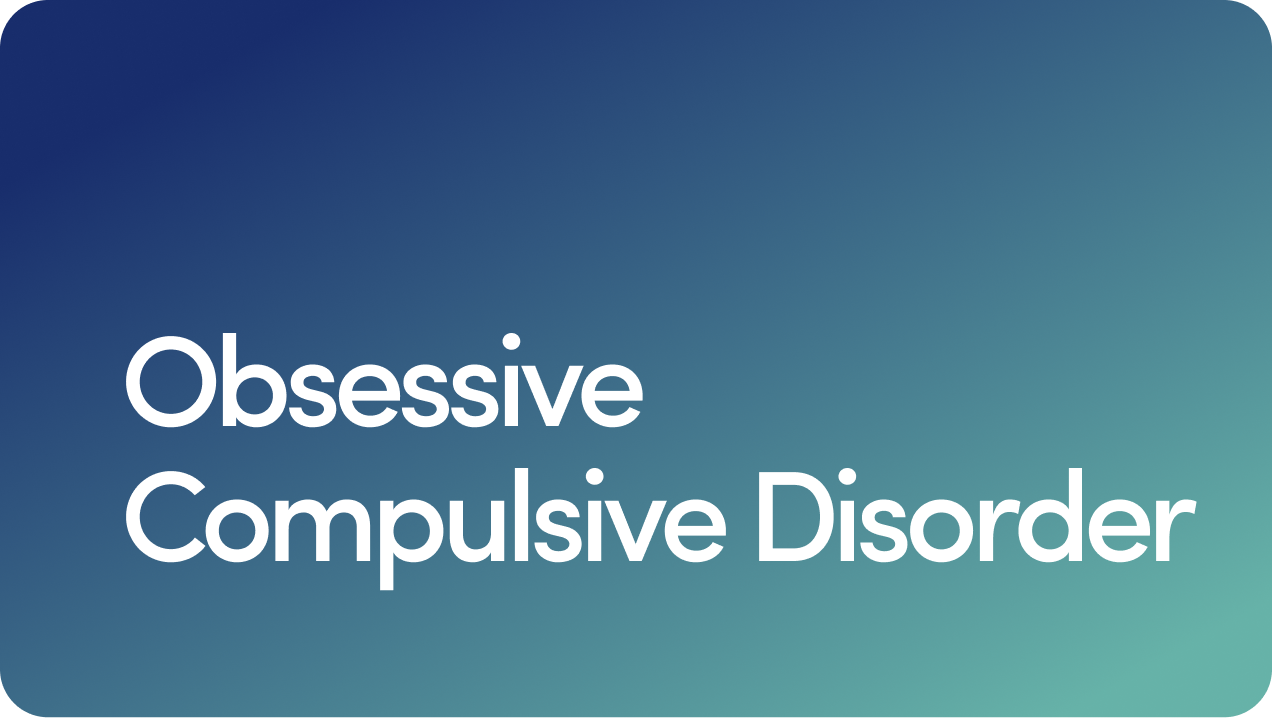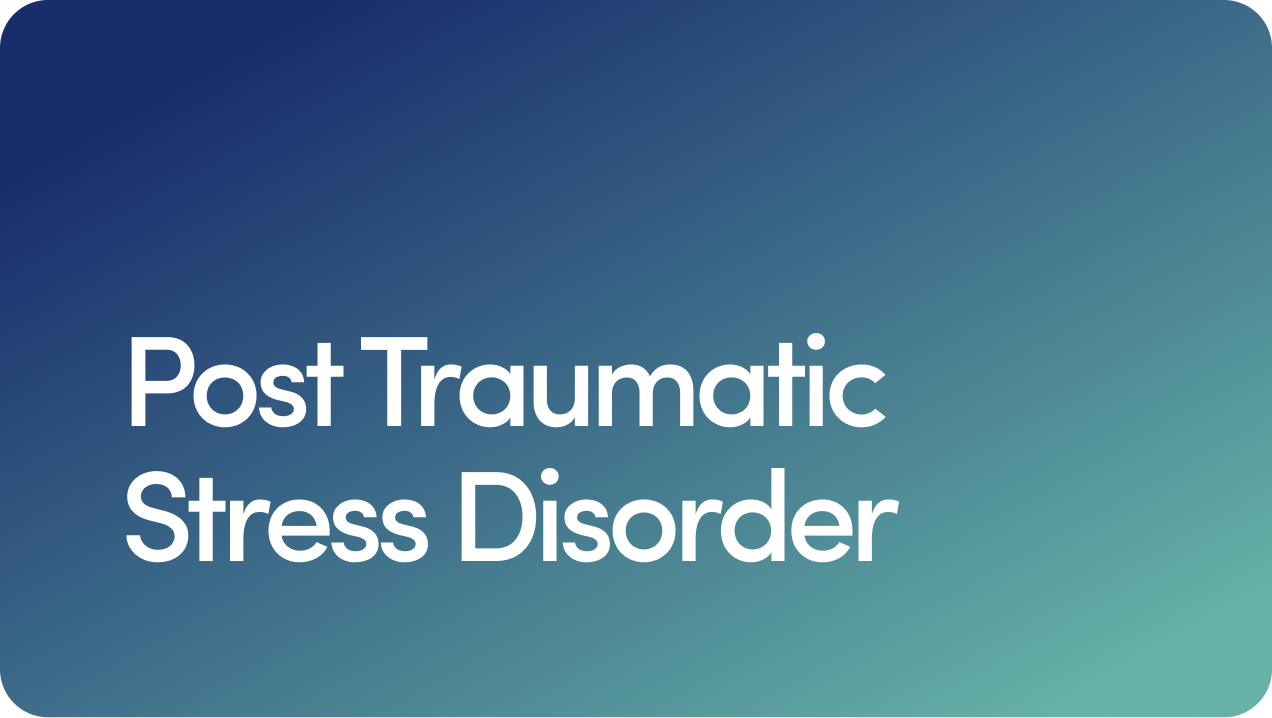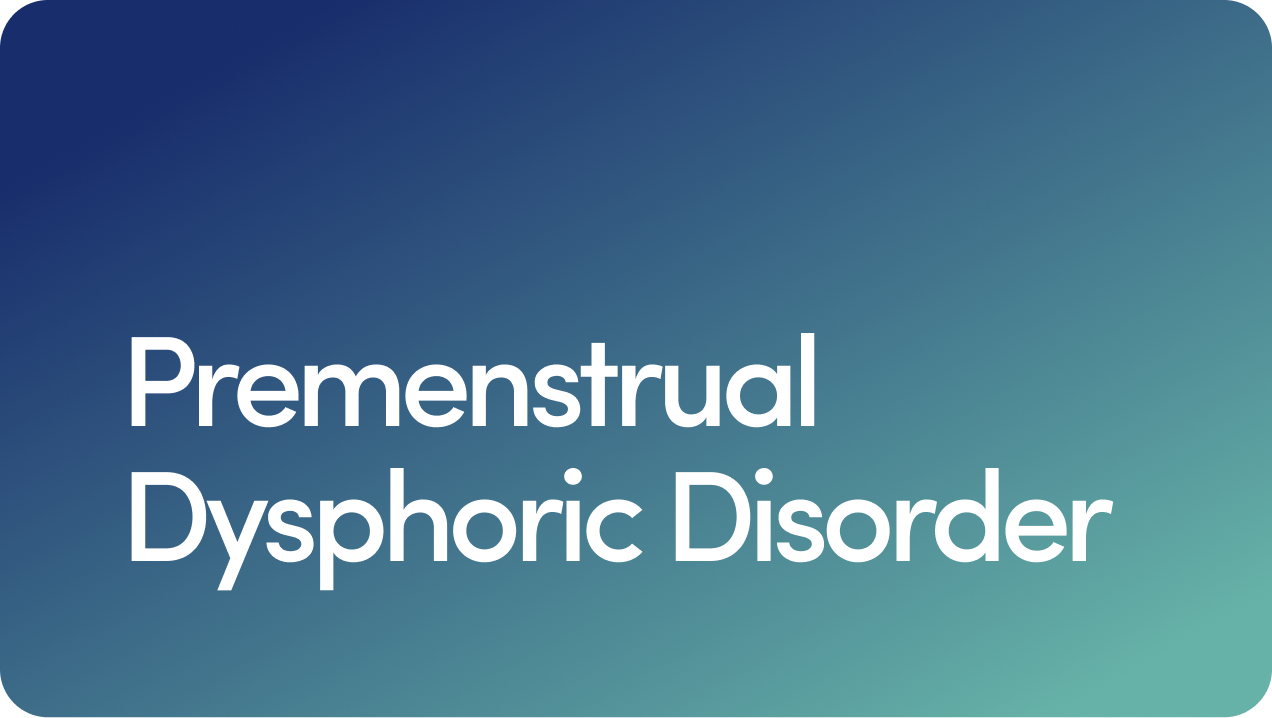Content
Free Mental Health Assessment
PTSD and Depression: What is The Connection?

As mental health care has advanced over the last few decades, experts have generally come to realize that the lines between mood disorders can be awfully fuzzy. Anxiety disorders and depression can both make you tired. PTSD and depression can both lead to panic attacks. And with arguably the most overlap of all are PTSD and depression.
If you’re someone struggling with post-traumatic stress disorder (PTSD) and depression, or one of your loved ones is doing just that, you probably have a lot of questions. Not least on that list, we’re guessing, is probably “how much can one person take?”
It’s true that both depression and PTSD can be draining, exhausting mental health conditions, and that treatment for both can likewise take a very long time. But there’s a silver lining to it all — many treatments can have a double impact if employed properly.
If you’re hoping for some relief from PTSD and depression, we may be able to help you in your search. First, however, we’ve got to cover some basics of how these two conditions are connected.
Content
Are PTSD and Depression Connected?
Why do people with post-traumatic stress disorder always seem depressed? How come mental illnesses can all look so similar? If you’ve ever wondered about these things, you’re probably wondering about what PTSD and depression have in common — and whether they’re the same thing.
PTSD or post-traumatic stress disorder is caused by trauma from life-threatening situations and situations where the potential for harm or loss of life was greatly increased. This may include natural disasters, sexual assault, a terrorist attack, a disturbing event or other sources of trauma exposure or stressful events. The memory of the trauma can cause serious mental health issues for years to come.
Depression, meanwhile, is a mood disorder characterized by down, sad, empty feelings and a sense of hopelessness or despair.
Both disorders would generally suggest a heavy emotional burden on the person with them, and both seem to frame the reality of the person suffering in a negative way.
In fact, it’s often the case that one can be misdiagnosed as the other, in part because of the number of shared symptoms and diagnostic traits that occur in depression and PTSD.
In other words, not only is the risk of depression higher in PTSD individuals, but it can also be hard to tell if there is depression at all, because of how much certain elements of depression look like PTSD.
PTSD and depression do share some specific symptoms. Someone who is experiencing one or the other might notice they have:
Increased irritability
Trouble sleeping
Difficulty focusing
Decreased joy and meaning in activities
People experiencing symptoms of depression and PTSD can also feel isolated, helpless, and trapped in negative thoughts. To learn about another potential symptoms and effects of PTSD, you can read our blog on the connection between PTSD and sleep apnea.
There are a lot of layers of connection between depression and post-traumatic stress disorder.
For instance, we know that in persons with PTSD, conditions like major depressive disorder are significantly more common.
A 2015 study pointed out that approximately half of people suffering from PTSD had major depressive disorder, which is a profoundly high frequency of comorbidity (the technical term for when a disease or disorder occurs at the same time as another).
Let’s put this into perspective: according to numbers from the CDC, depression occurs in a little less than five percent of the population.
So, the specific form of depression “major depressive disorder” is roughly ten times more common in people with PTSD than depression symptoms are in the total population.
It’s worth noting, however, that just because something correlates doesn’t mean there’s a connection.
The NIH, however, erases this doubt by confirming that people with PTSD have a lifelong increased risk for depression generally.
Unfortunately, a traumatic event and the resulting disorder from that trauma can lead to depression for some people.
A 2013 meta-analysis of studies into trauma and depression found strong indications that untreated or extreme trauma can lead to depressive disorders in trauma survivors.
Treatment for PTSD and Depression
Both depression and PTSD benefit from therapy and medication, with both conditions responding well to forms of each.
Depression is well managed with a combination of medication (antidepressants) and therapy, and also tends to respond well to lifestyle changes like better eating and exercise habits, and lower drinking and drug use frequencies.
Trauma, meanwhile, responds to therapy systems like cognitive behavioral therapy (CBT), which can grant people with mood disorders and psychiatric disorders a system for reclaiming control of their mental health, thoughts and emotions.
With CBT, you learn to notice negative patterns of thought as they’re happening and rebuild your thought patterns and emotional responses to support your own goals of control, balance and strength.
All of these treatment options are best accessed, understood and taken under the guidance and observation of a healthcare professional.
Talking to a professional about these problems is where you should always start.
Our information is backed by research, but your individual treatment needs may reflect more nuance than we can cover in a few hundred words — which is why starting with individual care and support as soon as possible is crucial to your success.
Depression and PTSD: The Big Picture
Bad things happen to good people, and even the strongest people can become overwhelmed by the world around them, with or without trauma. If that’s how you’re feeling, it may be time to talk to a healthcare provider about what you’re struggling with.
Whether you’ve survived trauma or not, whether you’re sure you’re depressed or not, talking to a professional is the shortest path to answers and solutions. If you’re in need of more support than they can offer, a healthcare professional is going to make the right referrals to get you the help you need.
Tired of feeling this way? Ready to take the next step? We can help. In addition to our further online mental health resources and guides, the causes of trauma and the treatments for depression, we also offer online therapy: the kind of convenient support you can get from anywhere in the world.
If you’re ready to get the help you deserve, we can help now.
Posttraumatic stress disorder and depression have caused enough problems in your life and the lives of millions — it’s time to send them packing.
4 Sources
Hims & Hers has strict sourcing guidelines to ensure our content is accurate and current. We rely on peer-reviewed studies, academic research institutions, and medical associations. We strive to use primary sources and refrain from using tertiary references.
- Mann SK, Marwaha R. Posttraumatic Stress Disorder. [Updated 2022 Feb 7]. In: StatPearls [Internet]. Treasure Island (FL): StatPearls Publishing; 2022 Jan-. Available from: https://www.ncbi.nlm.nih.gov/books/NBK559129/.
- Chand SP, Arif H. Depression. [Updated 2022 May 8]. In: StatPearls [Internet]. Treasure Island (FL): StatPearls Publishing; 2022 Jan-. Available from: https://www.ncbi.nlm.nih.gov/books/NBK430847/.
- Flory JD, Yehuda R. Comorbidity between post-traumatic stress disorder and major depressive disorder: alternative explanations and treatment considerations. Dialogues Clin Neurosci. 2015 Jun;17(2):141-50. doi: 10.31887/DCNS.2015.17.2/jflory. PMID: 26246789; PMCID: PMC4518698.https://www.ncbi.nlm.nih.gov/pmc/articles/PMC4518698/.
- Rytwinski, N.K., Scur, M.D., Feeny, N.C. and Youngstrom, E.A. (2013), The Co-Occurrence of Major Depressive Disorder Among Individuals With Posttraumatic Stress Disorder: A Meta-Analysis. JOURNAL OF TRAUMATIC STRESS, 26: 299-309.https://onlinelibrary.wiley.com/doi/10.1002/jts.21814.
This article is for informational purposes only and does not constitute medical advice. The information contained herein is not a substitute for and should never be relied upon for professional medical advice. Always talk to your doctor about the risks and benefits of any treatment. Learn more about our editorial standards here.
Kristin Hall, FNP
Education
BSN - University of Missouri, 1997
MSN - Saint Louis University, 1999
Training
Family Nurse Practitioner Internship - Saint Louis University, 1999
Medical Licenses
Registered Nurse, Missouri (Multi-State), 1997
Registered Nurse, Alaska, 2023
Registered Nurse, California, 2023
Registered Nurse, Connecticut, 2023
Registered Nurse, District of Columbia, 2023
Registered Nurse, Hawaii, 2023
Registered Nurse, Illinois, 2011
Registered Nurse, Massachusetts, 2023
Registered Nurse, Michigan, 2023
Registered Nurse, Minnesota, 2023
Registered Nurse, Nevada, 2023
Registered Nurse, New York, 2023
Registered Nurse, Oregon, 2023
Registered Nurse, Washington, 2022
APRN, Certified Nurse Practitioner, Missouri, 2000
APRN, Certified Nurse Practitioner, Illinois, 2011
APRN, Certified Nurse Practitioner, North Dakota, 2024
APRN, Certified Nurse Practitioner, Oregon, 2023
APRN, Certified Nurse Practitioner, Rhode Island, 2024
Board Certifications
Family Nurse Practitioner - American Nurses Credentialing Center, 2000
Other Certificates & Certifications
Lean Six Sigma, Green Belt Certification, 2015
Diabetic Mapping Certification Expert, 2012
BLS/CPR Certification, 2025
Affiliations & Memberships
Specialties & Areas of Focus
Family Practice Medicine, specializing in chronic disease management (diabetes, hypertension, obesity). Additional support and treatment of mental health diagnosis and men’s and women’s health.
Years of Experience:
25
Why I Practice Medicine
Caring for the whole person—understanding that true health extends beyond physical symptoms—has always been central to my work. As a nurse and family nurse practitioner, I’m passionate about empowering individuals to live their healthiest lives, physically, emotionally, and socially. Delivering compassionate, comprehensive care is not only my profession—it’s my purpose.
Hobbies & Interests
In my spare time, I enjoy staying active and connected to nature through skiing, hiking, and spending time outdoors. I’m also an avid St. Louis Cardinals baseball fan and find joy in reading, sewing, baking, and creative hobbies that keep me inspired outside of work.
LinkedIn:
Related Articles
Related Conditions
 Anxiety
Anxiety
 Depression
Depression
 OCD
OCD
 PTSD
PTSD
 Bipolar Disorder
Bipolar Disorder
 Premenstrual Dysphoric Disorder
Premenstrual Dysphoric Disorder